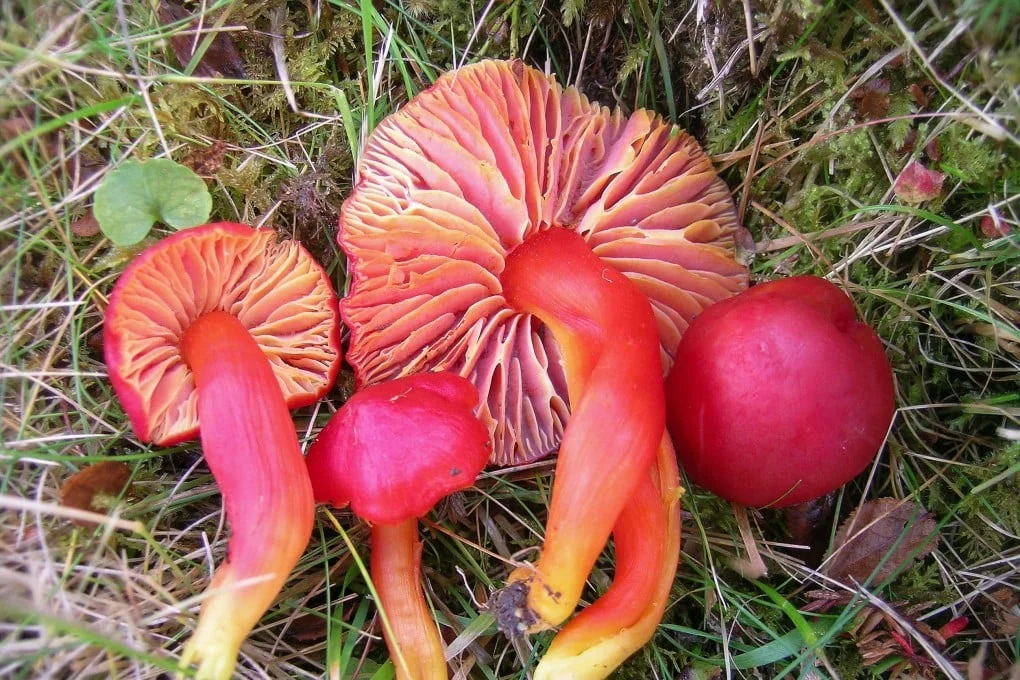
The Hidden Crisis: Fungi At Risk and Their Essential Role in Our Ecosystem
In a world where climate change and human expansion dominate headlines, the plight of fungi—a kingdom often overlooked—has reached a critical point. Recently, the International Union for Conservation of Nature (IUCN) revealed that nearly a third of evaluated fungi species are now facing extinction threats. This stark reality emphasizes not only their vulnerability but also the vital roles they play in sustaining ecosystems.
The dramatic rise in the number of fungi on the IUCN Red List, which now includes over 1,000 species, marks a significant milestone in understanding their ecological importance. As Greg Mueller, chief scientist at the Chicago Botanic Garden, emphasizes, "Life on Earth depends on fungi." These essential organisms—the backbone of many forest systems—facilitate vital nutrient exchanges between plants and the soil, making them indispensable for a healthy ecosystem.
Unfortunately, fungi face myriad threats, including deforestation, urban development, and pollution, particularly from fertilizers and fossil fuels. Lynne Boddy, a fungal ecologist, argues that fungi require targeted conservation actions that appreciate their unique needs. "They must be considered on their own merits," she stresses, highlighting that fungi lack the charisma of more cuddly creatures, leading to a diminished public interest in their plight.
Adding to the urgency of the matter, climate change accelerates these challenges. Research indicates that rising temperatures enable fungi to evolve, potentially jeopardizing human health through increased fungal infections. A chilling parallel can be drawn with the fictional crisis depicted in HBO's "The Last of Us," where a warming climate allows harmful fungi to adapt to inveterate species, including humans. Real-life examples, such as Candida auris and Aspergillus fumigatus, are already casting a shadow on public health as they demonstrate alarming resistance to existing treatments.
Fungi’s ecological contributions extend beyond their habitat functionalities. These organisms play a crucial role in carbon sequestration—storing carbon in the soil and helping mitigate climate change. Mueller notes that "mycorrhizal fungi are responsible for storing up to a third of global fossil fuel emissions in the soil,” a significant figure at a time when global warming impacts are intensifying.
In light of the compelling data highlighting their ecological importance, it is evident that fungi deserve higher priority in conservation efforts. The IUCN's recent initiative to classify fungi alongside flora and fauna signals a step in the right direction, yet much work remains to be done. Collaborative efforts combining environmental management and research are crucial to protect these vital organisms.
Ultimately, the question remains: how do we ensure the survival of these often-ignored species that underpin our planet’s ecosystems? As we look to the future, fostering a greater understanding of fungi and advocating for their conservation may prove vital for both ecological balance and human health. We encourage readers to reflect on the indispensable roles fungi play and to share their thoughts on how we can all contribute to their protection.